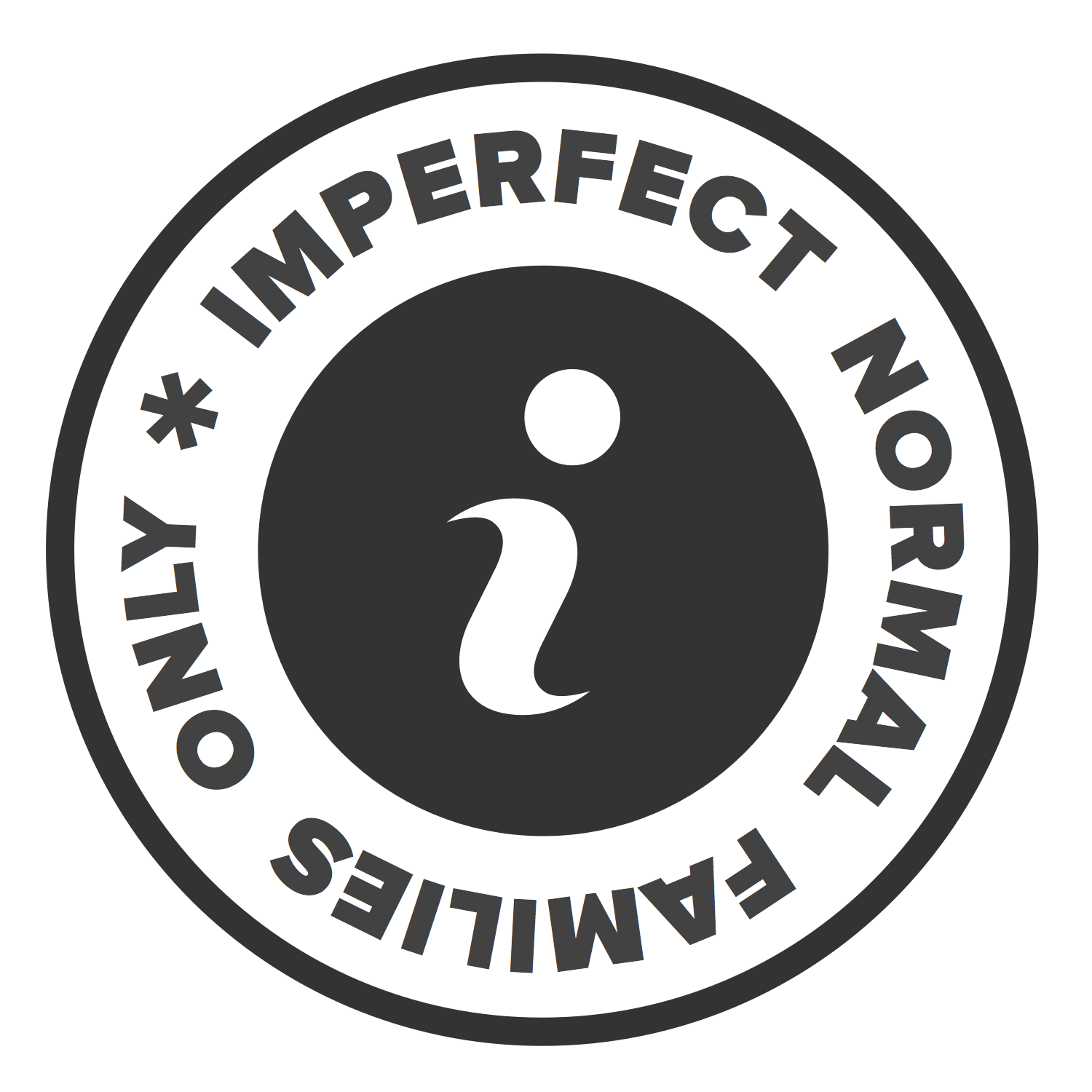"Your Baby Can Read!" But Does She Need To?
In the past few days I have both seen and heard advertisements for the “Your Baby Can Read” program. It’s on TV! It’s on the radio! It’s only $199.95! And for this low, low price, your 18 month old will be reading in no time!
 On the website for “Your Baby Can Read” we learn that the program’s creator, Dr. Robert Titzer, has been published in the “prestigious Psychological Review.” Apparently this means he is an expert and that we should listen to him. And give him $200.
On the website for “Your Baby Can Read” we learn that the program’s creator, Dr. Robert Titzer, has been published in the “prestigious Psychological Review.” Apparently this means he is an expert and that we should listen to him. And give him $200.
My youngest daughter just turned two. We’re working on foundational things like “say please” and “don’t take your poopie diaper off and put it on your head.” I don’t think she’s ready to read yet. Call me a bad parent, but we’re going to save reading for a later date.
The whole idea of a reading program for babies begs an interesting question: Not “Can babies read?” but “Should babies read?” What’s the point? I’m quite capable of reading to her. Story time will lose some of its impact if my two-year old decides she can handle “Goodnight, Moon” or “Green Eggs and Ham” on her own. And if she feels it is necessary to stay up on current events, she is free to watch Fox News after her daily dose of Wonder Pets. She doesn’t need to be able to read the Wall Street Journal.
I’m quite confident that by the time she gets around to really needing to read, we’ll start teaching her. And her brain will be more ready to learn the right way; not just by memorizing the shapes of words on a bunch of cards.
The worst thing about products like this is that they play on a basic fearful question that almost every parent has: “Will my child measure up?” In our culture, the competition to do more and achieve more is maddening. We feel that if we don’t give our kids every chance to succeed, then we’re terrible parents. Other children might get a better grade, make a better team, get into a better college, and eventually have a better life. So laying down $200 to help our toddler read seems like a small price to pay to give them the “head start” they desperately need. After all, if we don't, they might be damaged for life.
Not only is this absurd, it’s also not Biblical. If we’re not careful, we will begin to embrace the world’s definition of success for our kids. We will begin to focus more on achievement than on character; more on happiness than Godliness. We will forget that Christ’s calling on our lives is not to do more than others but to give more than others. Not to glorify ourselves, but to make sure our lives are positioned to glorify God. These are foundational lessons that a parent must be looking for ways to teach, even to the youngest of children.
In Matthew 20:25-28, Jesus said, "You've observed how godless rulers throw their weight around, how quickly a little power goes to their heads. It's not going to be that way with you. Whoever wants to be great must become a servant. Whoever wants to be first among you must be your slave. That is what the Son of Man has done: He came to serve, not be served—and then to give away his life in exchange for the many who are held hostage." (MSG)
We are called to humble ourselves, not to make it our goal to “throw our weight around” because of how much better we are than others. Again, from a very early age, you can begin to prepare your children for a life of humility. And while they may not grasp all you teach when they are young, the objectives that YOU have as a parent will set the pace for how you lead them in the coming years. And that matters now.
So please allow me the honor of relieving you of the pressure to teach your baby to read. Hear me clearly on this: you don’t have to. Instead, let me remind you of the responsibility that God places upon you to teach your children to follow Christ and to discover His perfect will for their lives.
His will might be that they are an accomplished leader of many and a person of far-reaching influence. Or it might be that they are sweeping the floors somewhere, being the servant of many. Or perhaps they will be a combination of both, using whatever platform God gives them to model Christ-likeness.
Whatever the case, your job as parent is to prepare your kids to be useful to God. I think that God can pull that off through you even if they don’t read until they are at least the ripe old age of four or five.
And if you still feel like a crummy parent if you don’t help them to read as babies, please feel free to send me $199.95. I’ll be happy to provide you with some awesome flashcards. A brief disclaimer: I haven’t been published in Psychological Review.
